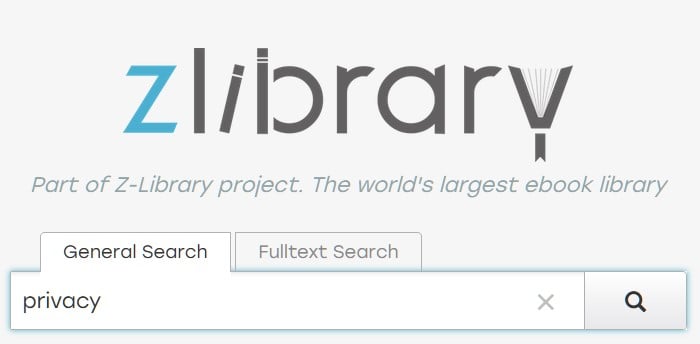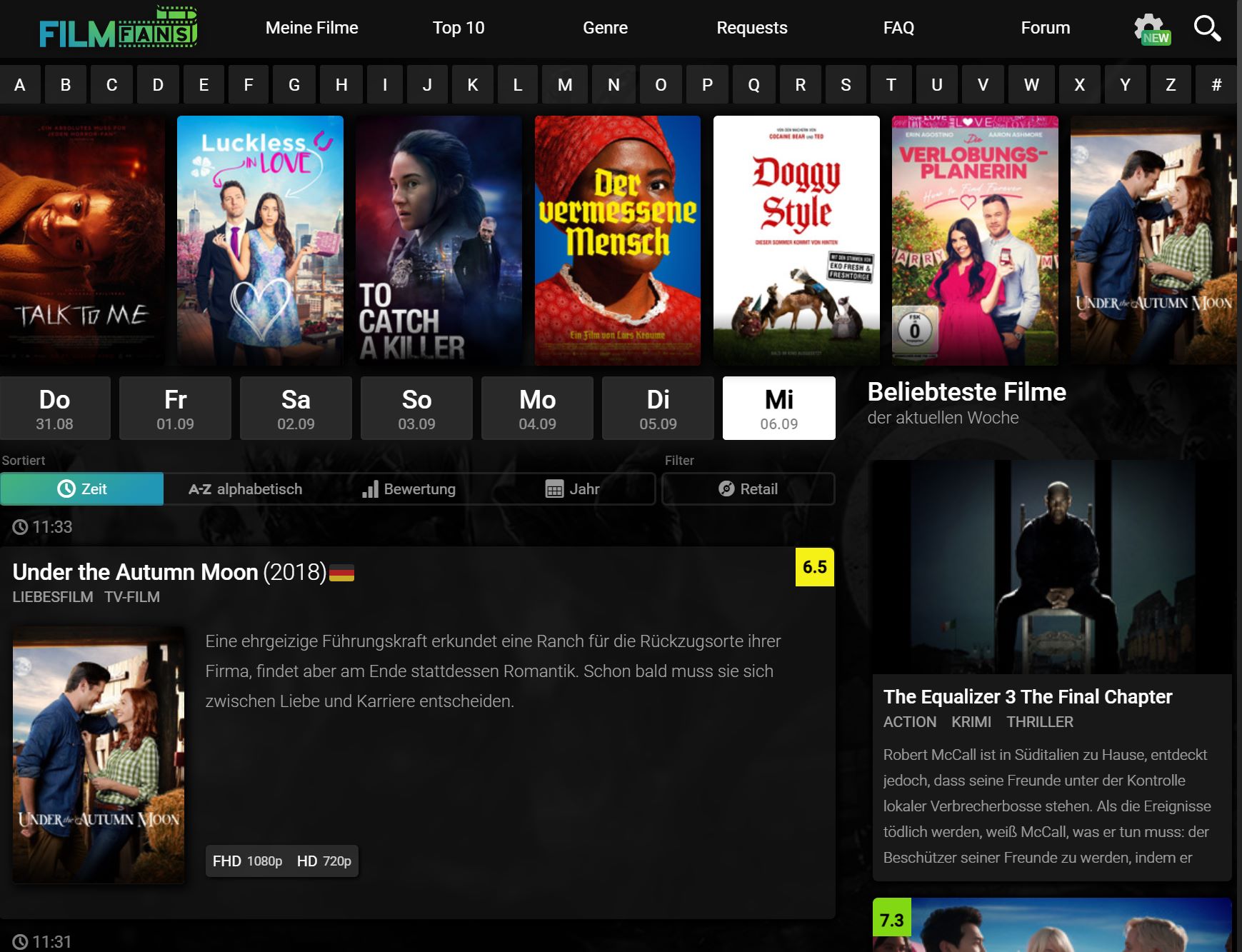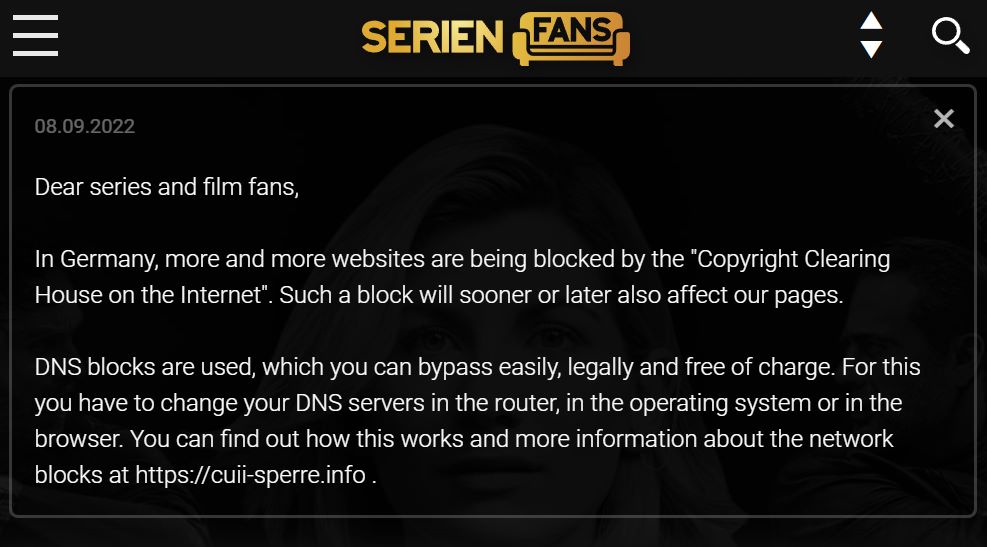-
chevron_right
‘Home Confined’ Z-Library Defendants Deny They Are Fugitives
news.movim.eu / TorrentFreak · Thursday, 14 September, 2023 - 11:28 · 4 minutes
 Last fall, the U.S. Government temporarily took down Z-Library, one of the largest book piracy operations in the world.
Last fall, the U.S. Government temporarily took down Z-Library, one of the largest book piracy operations in the world.
The feds seized the site’s main domain names and arrested two alleged Russian operators of the site, who now find themselves at the center of a criminal investigation .
This enforcement action came as a shock to millions of Z-Library users but the shadow library eventually recovered and remains online today. That doesn’t mean that the two alleged operators are in the clear, however.
‘Home Confined’ Defendants Face Extradition
The United States is determined to extradite the defendants so they can be brought to justice there. According to the Department of Justice, the duo played a key role in the shadow library’s operation, which ultimately caused significant damage to authors and publishers.
Over the past few days, several new details have emerged on the extradition efforts. According to court records, both defendants were released from prison in January, after the Cordoba Federal Court in Argentina ruled that ‘home’ confinement at a local rental apartment is sufficient at this stage.
The same court also reviewed the extradition request in April and came to the conclusion that it was deficient. The court requested U.S. officials to provide more details on the alleged criminal actions and their victims but the information was never produced.
Instead, the extradition was approved a few weeks later, after the appellate court substituted the judge in charge. The extradition hasn’t been enforced thus far, however, as there is an appeal pending.
‘Not Fugitives’
In addition to the extradition battle in Argentina, Anton Napolsky and Valeriia Ermakova also responded to the criminal allegations in the New York federal court. The defendants submitted a motion to dismiss arguing, among other things, that the copyright infringement claims are deficient.
The U.S. prosecution opposed this motion . Besides disagreeing on the merits, United States Attorney Breon Peace argued that the defendants’ request should be denied because they are officially fugitives.
“The defendants are fugitives who have chosen to avoid the reach of this Court by remaining in Argentina. Until they submit to the jurisdiction of the United States, they have no ability to compel this Court to consider the present Motion—or any type of motion,” Peace wrote .
This week, the defendants responded with a different take on the matter. According to their attorneys, the term fugitive doesn’t apply here.
A traditional fugitive is someone who flees from the jurisdiction after committing a crime to hide from justice. In this case, the defendants were tourists in Argentina; they didn’t travel there to escape justice.
“Defendants were not in the United States at any time relevant to the Indictment and have never resided in this country. Contrary to the Government’s insinuations, at the time of their arrest they were not hiding in a remote region in Argentina, but traveling as tourists.
“Defendants are Russian nationals. Had they desired to hide from justice, they would have stayed in their native Russia, a country with no extradition treaty with the United States,” the attorneys add.

The fugitive status is important in this case, as people who flee from a jurisdiction may not be able to file a motion to dismiss. The defense argues that this argument shouldn’t apply here.
‘No U.S. Servers’
Continuing to the merits of the copyright infringement allegations, the defense stresses that there is no evidence that Napolsky and Ermakova used U.S.-based servers to store any copyrighted materials. They didn’t own any servers in the U.S. either.
“There is not a single allegation in the Superseding Indictment or the Complaint that Defendants indeed used servers located in the United States to store infringed copies of copyrighted materials,” the attorneys write.
The defendants did use Gmail and Amazon to collect donations. However, the defense notes that these companies previously operated in Russia too, and that their use of these services isn’t sufficient to establish jurisdiction.
If that logic did indeed apply, people could be subjected to the jurisdiction of a Chinese court if they make a Zoom call, the attorneys note.
“Mere use of Gmail or making purchases on Russian Amazon by Defendants are insufficient to establish U.S. domestic activity. For example, Zoom has data centers in China, and some U.S. calls used to be processed through a Chinese server.
“Finding domestic activity based on inadvertent transmission to servers in another country by third-party internet services providers would mean that a person engages in domestic activity in China when making that Zoom call.”
Anyone who uses the Internet will automatically have their traffic routed through multiple countries, according to the defense. To establish jurisdiction, there should be more substantial claims that Gmail and Amazon reference, the response argues.
What Works?
The prosecution further stresses that the indictment doesn’t list any copyrighted works the Z-Library defendants have allegedly infringed. In other words, there are no concrete pirated works listed. This is another shortcoming that warrants a dismissal.
The Government argued that it doesn’t have to detail any concrete infringements at this point, but that conclusion is wrong, according to the defense attorneys.
Based on these and a variety of other arguments, Napolsky and Ermakova ask the New York federal court to dismiss the Superseding Indictment. If that happens, the extradition proceeding will be moot too.
—
A copy of Napolsky and Ermakova’s joint reply to the U.S. opposition, in support of their motion to dismiss, is available here (pdf)
From: TF , for the latest news on copyright battles, piracy and more.

 Over the past several years, a wave of copyright infringement lawsuits has targeted alleged cheaters and cheat makers.
Over the past several years, a wave of copyright infringement lawsuits has targeted alleged cheaters and cheat makers.
 There’s no denying the many victories of the Alliance for Creativity and Entertainment (
There’s no denying the many victories of the Alliance for Creativity and Entertainment (

 With more than 14 million digital books in its archive,
With more than 14 million digital books in its archive,









 Two years ago, German Internet providers agreed to
Two years ago, German Internet providers agreed to



